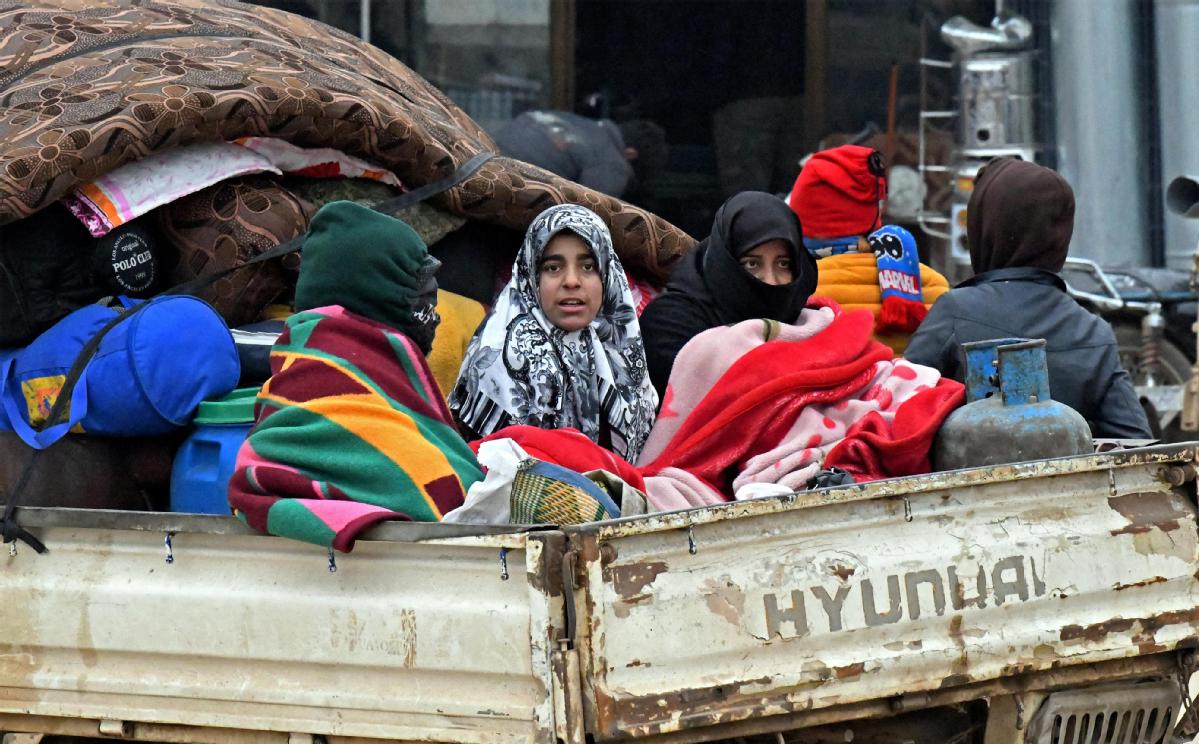Highlights of report on human rights violations in US

VII. The US want only trampled on human rights in other countries

1. Militarism led to human rights disasters
The majority of the wars started by the United States were unilateral actions, neither authorized by the UN Security Council nor approved by the US Congress.
An estimated cost of the US’ global war on terror since late 2001 stood at $6.4 trillion and up to 801,000 people have estimated been killed in post-9/11 wars.
The Afghanistan war claimed the lives of more than 40,000 civilians and around 11 million Afghan people became refugees.
More than 200,000 civilians died in the Iraq war and around 2.5 million became refugees.
The death toll of civilians in the Syrian war surpassed 40,000 while 6.6 million fled the country.
2. Bullying actions threatened international institutions
The US warned the International Criminal Court (ICC) of retaliatory measures against personnel that were directly responsible for investigations over personnel from the US and its allies.
Some US servicemen and intelligence officers were suspected of "torture, cruel treatment, outrages upon personal dignity, rape and sexual abuse" toward detainees in Afghanistan and other places.
3. Unilateral sanctions grossly infringed on human rights in other countries
According to a report on the UN website on Nov. 7, 2019, for the 28th consecutive year, the UN General Assembly had adopted a resolution calling for an end to the economic, commercial and financial embargo imposed by the US against Cuba.
In a statement published by the UN website on Aug. 8, 2019, High Commissioner for Human Rights Michelle Bachelet pointed out that the unilateral sanctions imposed by the US on Venezuela would have far-reaching implications on the rights to health and to food in a country where there were already serious shortages of essential goods.
4. The United States refused to fulfill its international obligations
In recent years, the United States withdrew from the following multilateral mechanisms out of its own interest:
The UN Human Rights Council
The UN Educational, Scientific and Cultural Organization
The UN Global Compact on Migration
On Nov. 4, 2019, the US submitted formal notification of its withdrawal from the Paris climate accord. It sent a powerful message to the rest of the world that “as the damaging impacts of climate change become more apparent, the United States ... will not be a part of the international charge to solve the crisis.”


















